Kawakawa Island - our lockdown nature restoration project
- Aug 21, 2021
- 2 min read
Updated: Aug 26, 2021

Our lock-down nature project actually predated lock-down by a few weeks. I had long been contemplating the tradescantia (known also as 'wandering Jew', but increasingly less so for obvious reasons...) that has taken a strangle-hold of the silty banks of our gully stream, smothering any natural regrowth of native seedlings.
I was daunted by the sheer scale of the challenge, but had also heard that a metal rake was the best weapon against this virulent plant pest. But one day a couple of weeks back, the time was right to take up the gauntlet (well, rake).
What a strangely satisfying experience! A succulent with brittle stems, this invader can be rolled up much like a carpet, quickly relinquishing its hold on the ground beneath. (Though on the other hand, even one discarded or remnant stem is enough for it to reestablish its foothold.)
With the help of my son and daughter we soon cleared an area, which we named Kawakawa Island - in reality not an island at all, an elevated, jutty-out bit of land where the stream makes a sharp 90 degree bend. Given the space, kawakawa will happily grow in this damp, shaded environment, and as an early coloniser, will create conditions suitable for other species to grow. We transplanted kawakawa seedlings growing elsewhere on our land (as well as a few titoki and rewarewa seedlings) onto the 'island', placing stones and rocks around the plantings to provide markers and protection.
Lockdown 2021 has provided the welcome opportunity to spend more time on our project and each time we go down there we make new discoveries revealed by the rolled-back tradescantia carpet. Last time was a nature-designed chair (see image below) - a large bolder seat with a mossy root back-rest. This time it was huge serpent-like worm which quickly retreated into its rotting log home. Pigeon eggs that have fallen from the cliff-face above are also a common discovery.
The transplanted kawakawa are all thriving and will soon, we hope, make the name of 'Kawakawa Island' self-explanatory. But in the meantime, given such a close-to-home opportunity to give back to the whenua, us humans are thriving too. [Click through to view slideshow]
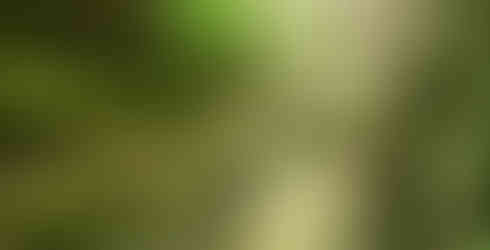



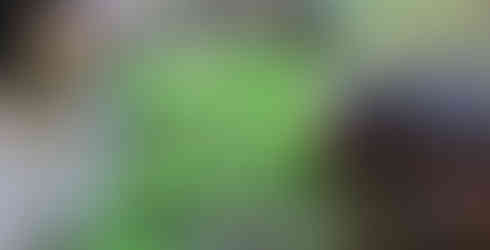


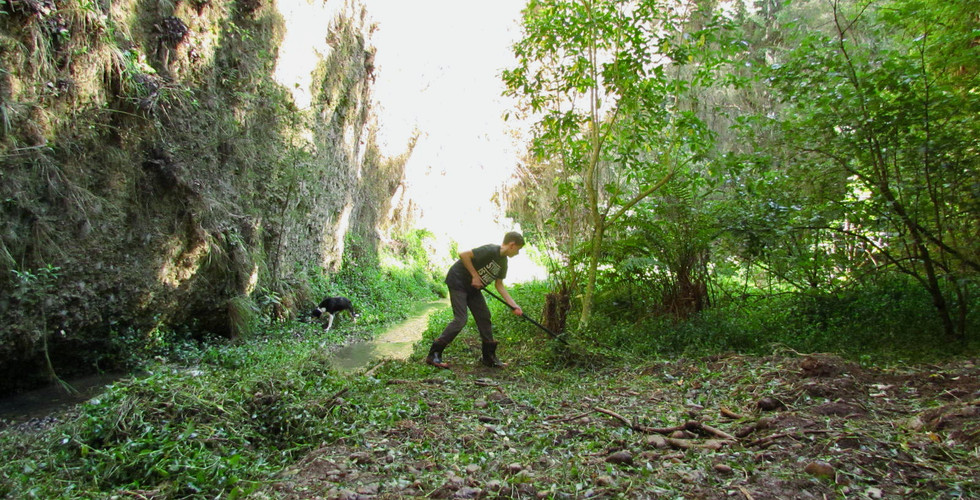

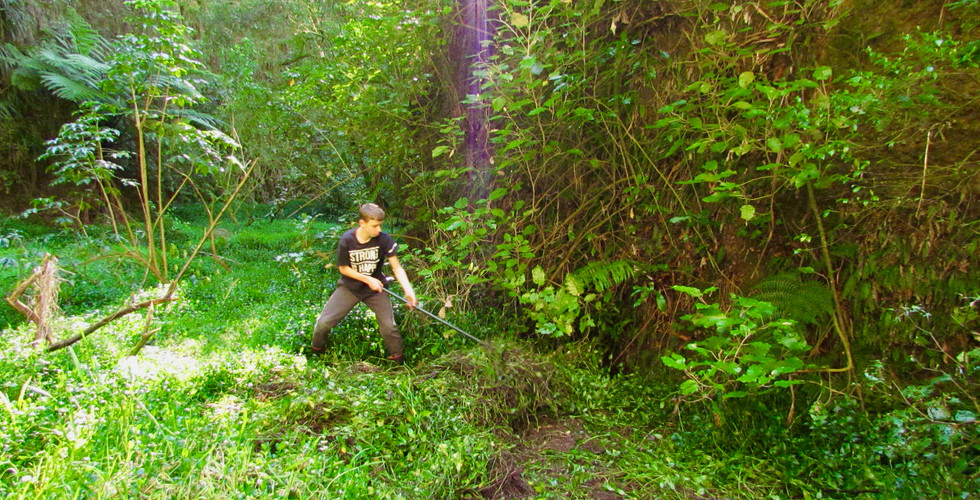



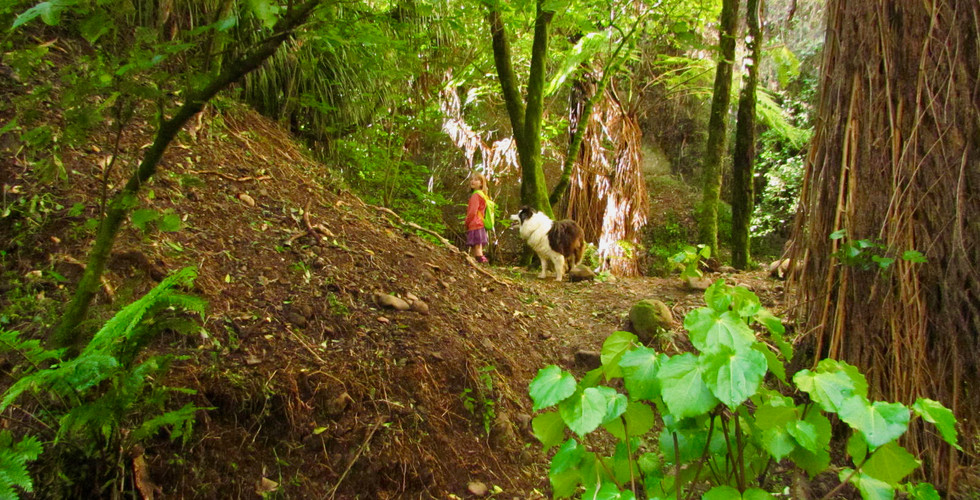


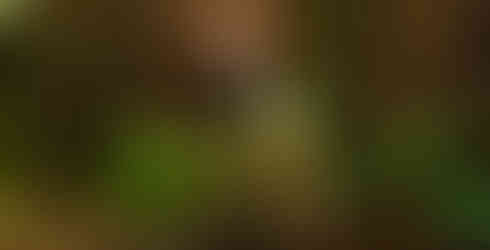




























Comments